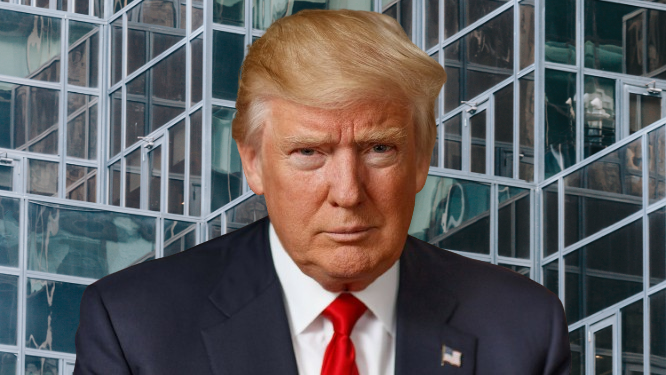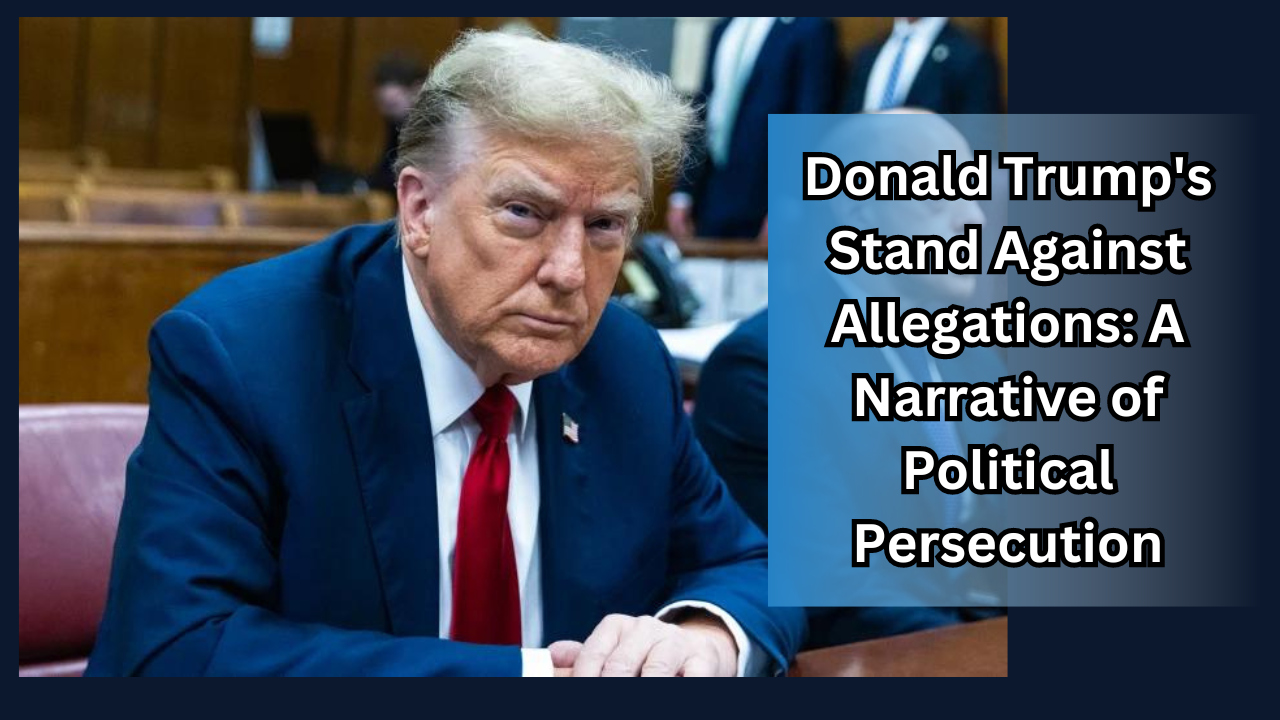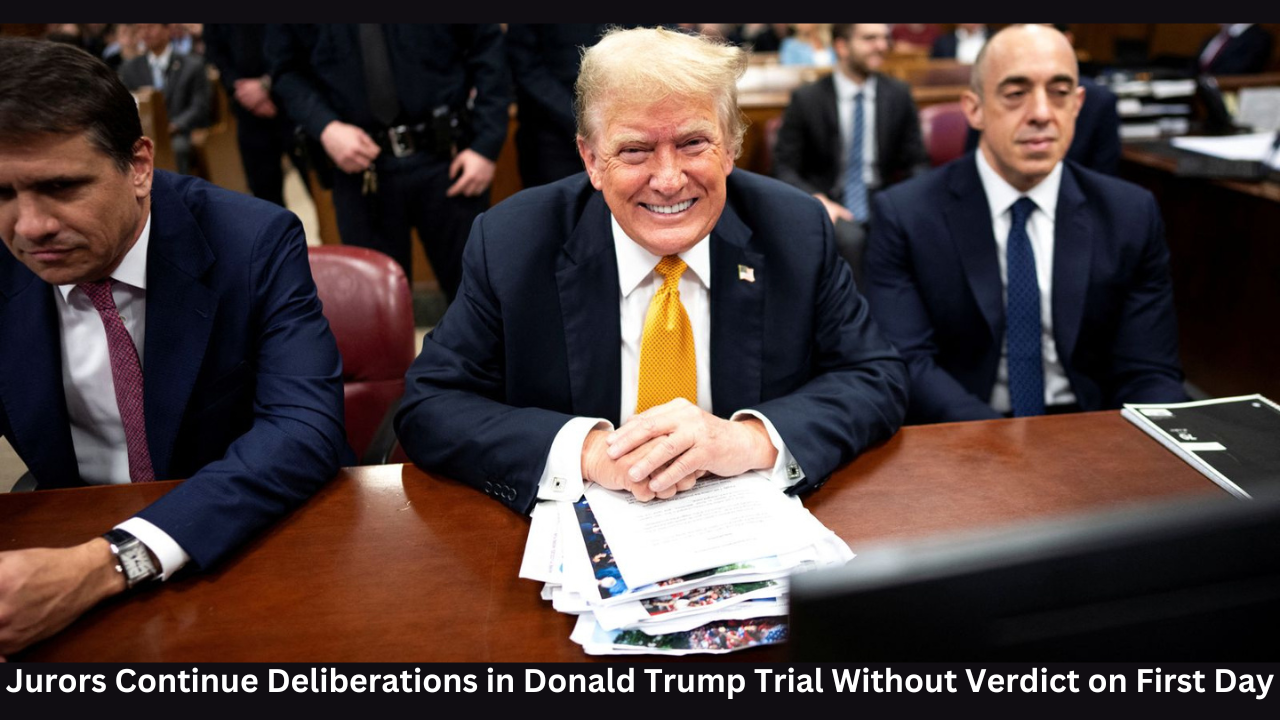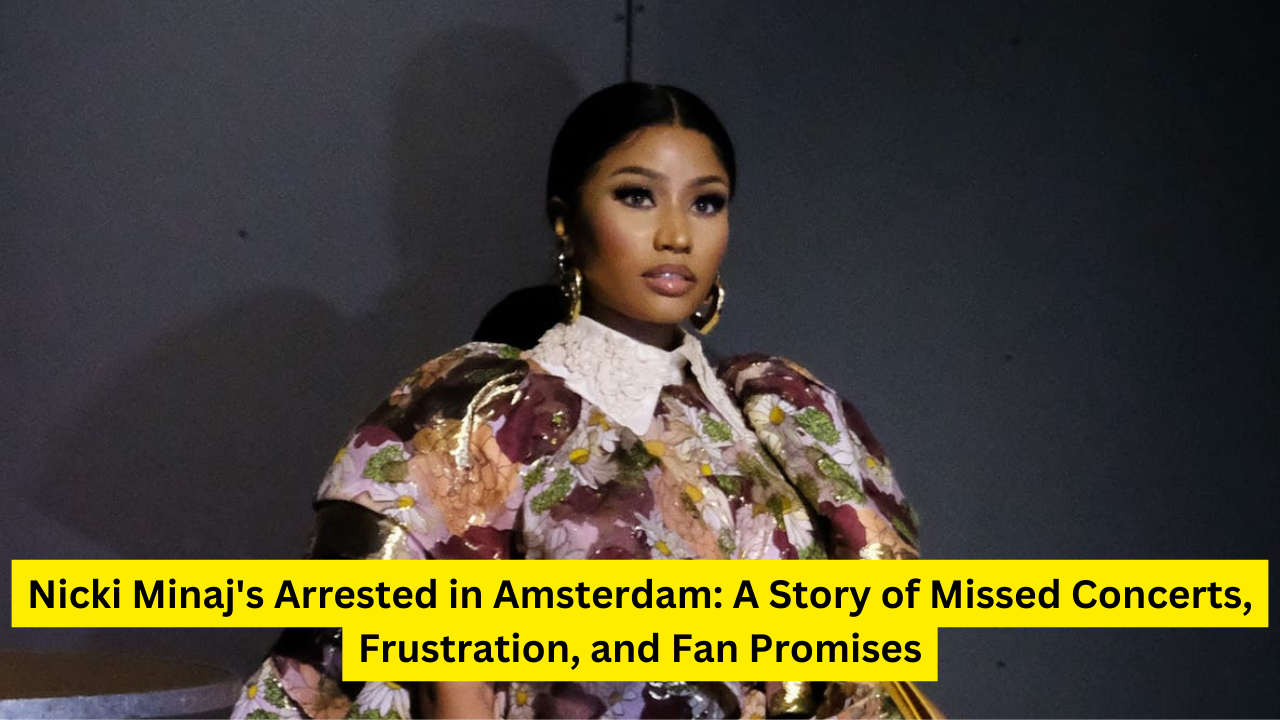On April 15 something significant in American politics was witnessed; the final hearing coming up in a court room in New York City, where Donald Trump was the defendant. While he was on his way to the court Mary, Trump was cited for having paid the Stormy Daniels’s money in exchange for her silence. According to his defense coalition, he was fighting against “an unprecedented political persecution.”
Denial and Defiance: Donald Trump was involved in various scandals.
Loud cheers, gasps, and sighs of disbelief echoed through the corridors of the New York Court the second Donald Trump marched in not only as a matter of law, but for its overflowing political context. At the end, during a brief and bittersweet utterance, Trump forcefully denied the accusations made against him. He portrayed himself as a innocent politician who was targeted after political grudge and exonerated his actions alleging the charges were engineered and political moves. His speech was full of a striking indignation, in which he described the trial processes as not just an assaulter of individual human rights, but of a democratic stance as well.
A Historic Trial Unfolds

The trial of Donald Trump has come to mean a lot of things in American jurisprudence – a seminal moment in history. The fatlaw was that a former president was summoned to meet the due process of law in the country for the first time. Political storm edged towards the reviling of Trump’s business, including Trump Organization. The main reason for the uproar was the accusations of possible financial impropriety in the Trump Organization. Subliminal messages were conveyed in a $130,000 payment in silence that allegedly went to Stormy Daniels who made claims of affaire with Trump, before he became the congress. These proceedings, therefore, were not a strict political procedure. They settled a political showdown whose outcomes went well beyond the courtroom walls.
The accusations of the contentious saga and Trump’s line of defense.
Catching the eye of the public, the allegations against Trump were related to the possible misrepresentation of the financial records so that the money sent to Stormy Daniels would go undetected. When Trump was accuscd of having breached rules, he fiercely denied any guilt, insisting that his payments were legal. His outlaw attorney tried moral posturing, positioning the entire process as a persecution attempt of his political competitors. Unlike a regular legal strategem, this claim by Trump was seductively political move that was aimed at reanimating and strengthening his base when faced by a problem.
Trump’s Political Gambit

As Trump stood to court, he didn’t take cue to explain himself; he recognized the moment as politics’ forum instead. He imprinted the image of him as a sacrificed martyr, raising up to the levels of the trending up establishment politics. This defiant assertion in his speech created mixed emotions in his opponents and supporters. They were carried away by a semblance of hope while at the same time questioning his intentions. The climax of the impeachment proceeding was reached when Trump cast the whole trial as a paradigm of a war between elites, who benefited from the conflicting state of affairs, versus the people who believed in right hence seeking to accrue political capital.
Implications of the Campaign For the Presidential Campaign
The occurrence of the trail coincidentally masterfully coincided with the presidential campaign in which the candidates were using as their campaign season theme the same concern. The trial gained even further significance as they went on with Trump contemplating for a comeback to the White House changing the atmosphere drastically. Thus the political field is already vulnerable without adding more uncertainties. To Donald, the risks were very high: hanging by a thread as a single guilty vote dared to terminate his mundane swagger, or a favorable verdict could give him wings and encourage his supporters to catapult him back into the White House. The judge did not limited the discourse to one aspect i.e. legal responsibility. He rather dealt with the deteriorating credibility of the democracy.
Public Perception and Political Fallout
This extensive sensory experience that consumers have with brands shapes their perception of the brand and can lead to positive or negative political outcomes.
Meanwhile, a trial-by-media was buzzing loudly, as the legal proceedings and political bickering contested the roads of justice. Campaigns and polls gave a bit of reflection about the views of the voters from different parties, this was shown the immense divide between the ones that leant to the right and the left. On the one hand, the supporters, listening to their chant which is seen as a witch hunt by the rivals, rallied with the cheering on. In contrast, the detractors, on the other hand, were against the President tailing values and democratic governance. Whether the verdict favored one side or the other, it would not have changed the already fixed minds, but therefore it will frequently aggravate the existing chasm within the society.
Conclusion
Donald Trump, the accused, at the New York court was a product that wasn’t just a symbol of a nation at the cross-roads but also a definitive test of the hearts of the over 200 million Americans. His trial, temporarily embroiled in political instability and legal snafus, unfailingly beseeched the shortcomings of American democracy and the insurgency of partisan politics. History has always loved preserving the stories of trials, be it ending in acquittal or conviction. The trial of former president Donald Trump would add another chapter in such history as a story of the perils that emanate from unrestricted power and the constant quest for justice, even in the face of political persecution.





